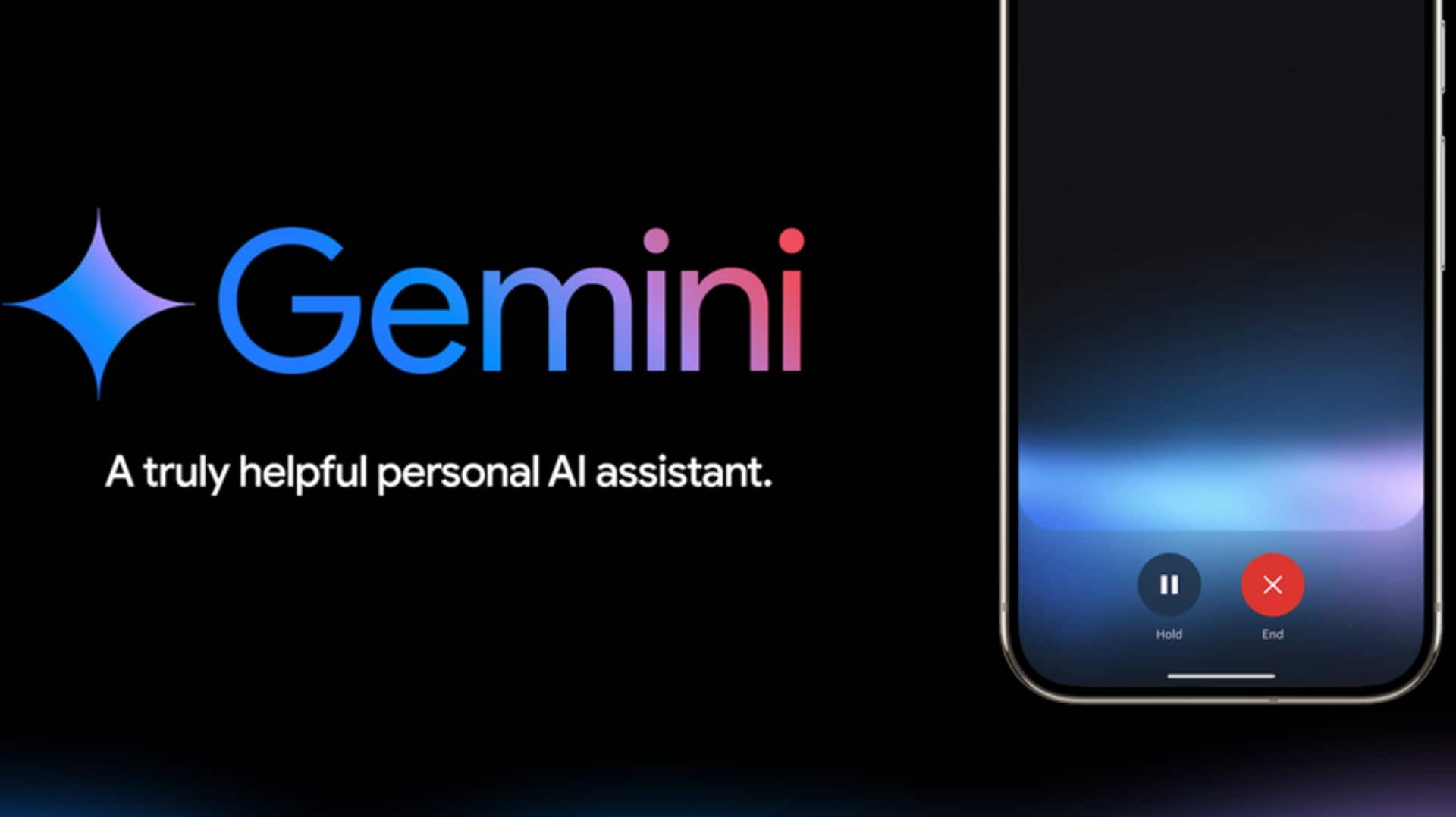
In a move set to transform how Android users interact with their devices, Google has launched its voice-activated AI chatbot for the masses. This cutting-edge technology, which harnesses the power of artificial intelligence, is now available to Android smartphone owners worldwide.
The new feature allows users to engage in natural conversations with their devices, simply by using their voice. Whether it's asking questions, setting reminders, or controlling smart home devices, the AI assistant aims to make daily tasks more intuitive and effortless.
Google's latest offering builds upon its existing voice recognition capabilities, but takes a significant leap forward by incorporating advanced natural language processing. This enables the AI to understand context, nuance, and even colloquialisms, resulting in more human-like interactions.
The rollout comes as part of Google's ongoing efforts to integrate AI more deeply into its products and services. By making this technology accessible to millions of Android users, the tech giant is positioning itself at the forefront of the AI revolution in mobile computing.
Early adopters have reported positive experiences, praising the system's accuracy and responsiveness. However, as with any new technology, some users have expressed privacy concerns regarding voice data collection and storage.
Google has addressed these concerns, stating that user privacy and data security remain top priorities. The company assures users that voice interactions are encrypted and that they can easily manage or delete their voice data through their Google account settings.
This development marks a significant milestone in the evolution of smartphone interfaces. As voice-powered AI becomes more prevalent, it could potentially reshape how we interact with our devices and access information in the digital age.
The feature is being rolled out gradually to Android devices worldwide. Users can check for updates in their device settings or the Google Play Store to access this new capability.
As the technology continues to evolve, it will be interesting to see how users adapt to this new form of interaction and how it might influence future smartphone designs and functionalities.